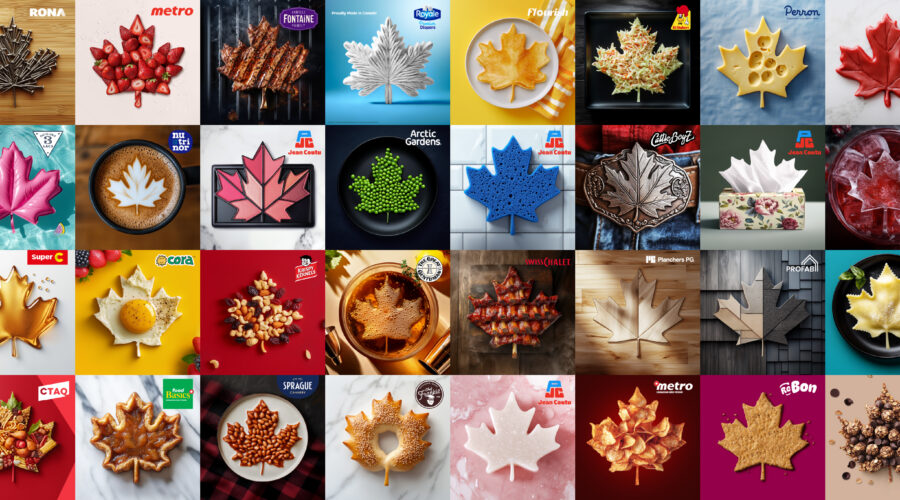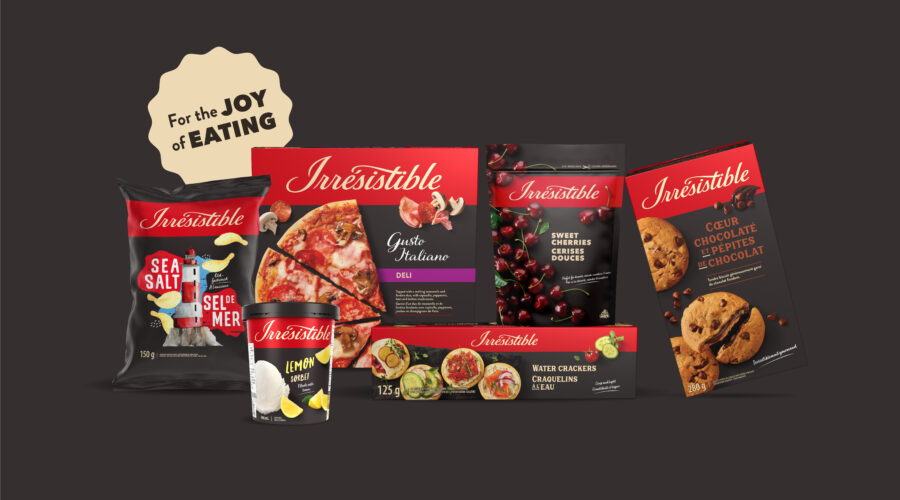Just last month it was announced that change is coming yet again to our Facebook feeds to be more in line with media consumption behaviours, or rather, an unsaid attempt to compete with TikTok. The platform announced that it will be incorporating more AI recommended content into users’ feeds, pushing content based on overall engagement and popularity rather than content from personal connections, similar to what TikTok does. This means that video will reign supreme on the Facebook app. What does this mean for the future of Facebook and its existing user base?
Facebook was the monolithic superpower of the modern digital era of human connection after its launch in 2004, and arguably the founding father of social media as we know it. Fast-forward 16 years to a global pandemic that shut down the world and enslaved people to their phones in search of cheap thrills via in-home entertainment. Enter TikTok, the challenger brand that had an algorithm for discovery and engagement unlike any other platform. TikTok took the world by storm, winning over the hearts of the Gen Z demographic while also growing in popularity with older generations. With Meta stock plummeting and TikTok chasing the heels of Meta’s social giants Facebook and Instagram, Meta has made some serious product shifts that have made its apps unrecognizable from the original concepts of the beloved platforms. If you haven’t been here for the journey of Facebook and Instagram, here is a quick history of the app and when it began changing (or from our perspective, dying).
The Facebook Rise and Fall Timeline
• Facebook launched in 2004 and quickly became popular in 2005/2006 with its status updates, photo sharing and public messaging known at the time as “wall posts”.
• Facebook bought Instagram in 2012 because it was a growing threat to Facebook with the popularity of its simple interface and specificity for public-facing photos (vs. Facebook, which was about personal connections and privacy).
• In 2016/2017, the rise of the Instagram influencer took over marketing budgets globally.
• Facebook caught onto the lucrative influencer market and wanted a piece of the pie. Facebook squashed Instagram’s discoverability algorithm in 2018 so that influencers would have less impressive metrics, forcing them to pay Instagram for advertising expenses to get better engagement on their posts to remain appealing for brand partnerships. This was the death of organic content, and discoverability and engagement on Instagram only became worse year and after year.
• The pandemic hit in 2020, causing worldwide shutdowns and forcing people to seek entertainment and connection in their own homes. The consumption of content for entertainment value sky-rocketed – and TikTok took centerstage becoming Facebook’s #1 competitor with its favourable algorithm for relevant, fun content.
• In August of 2020, Instagram introduced “reels” – short-form video content that performs better with reach and engagement than photos.
• The Facebook holding company rebrands as Meta in 2021.
• In February 2022, Zuckerberg announces a mandate to focus on video content as Meta stock plummets.
• Just recently in June, 2022, Facebook announced that it is working on video and vertical format content, and incorporating more AI-recommended content into the platform.
In summary
Facebook/Meta is leaving its roots and point of differentiation as a relationship-connection platform to copy TikTok. Facebook/Meta would argue this change is to be more in line with media consumption trends – but the truth is, this is mostly the case for Gen Z and completely abandons the current userbase of Millennials and Gen X/Boomers on its platforms who prefer social connection and information-sharing over entertainment.
Why the copycat strategy is a problem
People use different social media platforms for different objectives. Once upon a time, Facebook was for connection with friends, Instagram for discovering inspirational static images, and TikTok was for entertainment. Meta’s strategy in recent years to move Instagram, and now Facebook, to video content rather than photos and updates from ‘friend’ connections, begins to remove any point of differentiation from its largest competitor, TikTok. Users don’t need three platforms for consuming user-generated entertainment content – and Meta will experience more cannibalization between its own Instagram and Facebook platforms if they are too similar, rather than experiencing audience growth.
Had Facebook (now Meta) not meddled with Instagram’s algorithm years ago, stunting discoverability, users would not have been as curious to explore other platforms like TikTok that encourage discoverability and promote viral reach. Meta appears to have realized they’ve lost this game to TikTok and are backpedaling with a copycat strategy.
What will be the opportunistic platform that seizes the gaping static image and social connection white space that Facebook and Instagram have been abandoning? Which platform is going to win with Millennials, Gen X and Boomers?
Is it too late for Meta to save Facebook and Instagram and catch up to TikTok?
We think so.
– Amy Pigeon, Marketing Manager
apigeon@pigeonbrands.com



